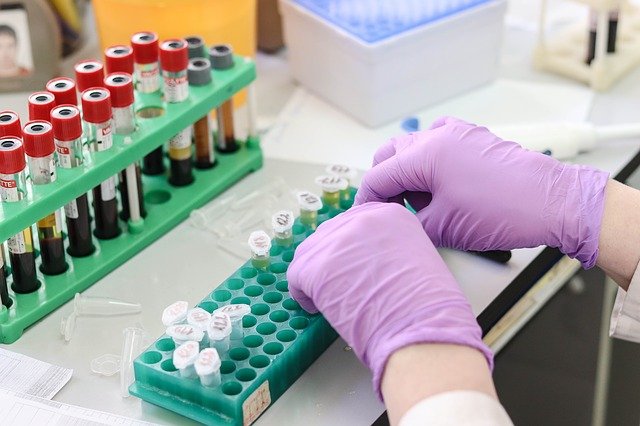
2022-04-08
1. Effect of serum electrolyte concentration determination. The results of the test showed a significant increase in serum potassium after 1h compared to the immediate period,
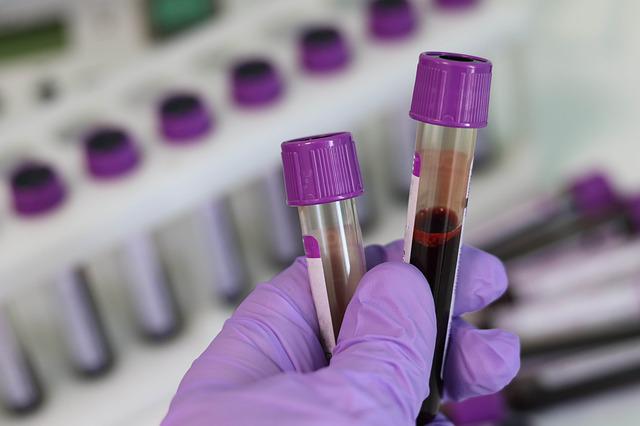
2022-04-07
Lipemic specimens are a common cause of interference in clinical tests. The CM and VLDL in lipids are suspended particles that interfere greatly with the colorimetric or turbidimetric methods commonly used for biochemical testing.
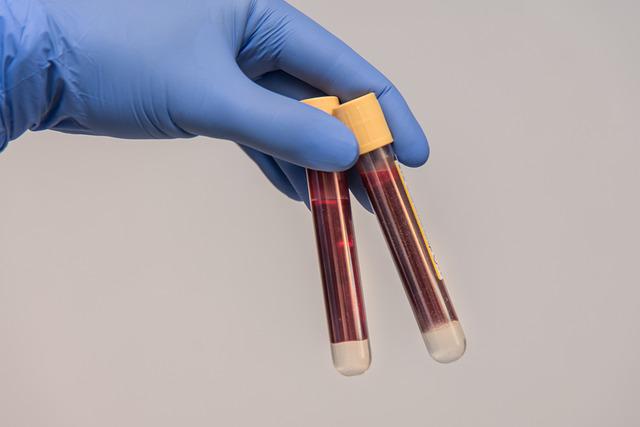
2022-04-06
Lipid blood sample It is not uncommon for examiners to encounter lipidaemia in their daily work. And lipaemia interferes with many tests. For the accuracy of the test and the validity of the results, it is important to understand how lipaemia can interfere with the test? What can be done to reduce or even eliminate this interference?
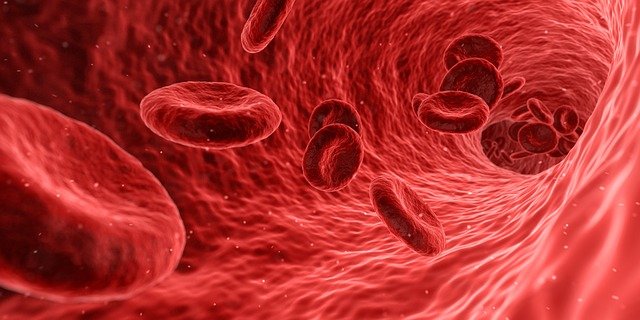
2022-04-02
Total bilirubin (TBil) is the sum of direct bilirubin and indirect bilirubin. Indirect bilirubin is the bilirubin that is not bound to glucuronic acid.

2022-04-01
Biochemical testing is increasingly recognised by clinical veterinarians as an aid to the diagnosis and treatment of diabetes in cats. This article will briefly discuss the changes in the biochemical parameters during the course of diabetes in cats.
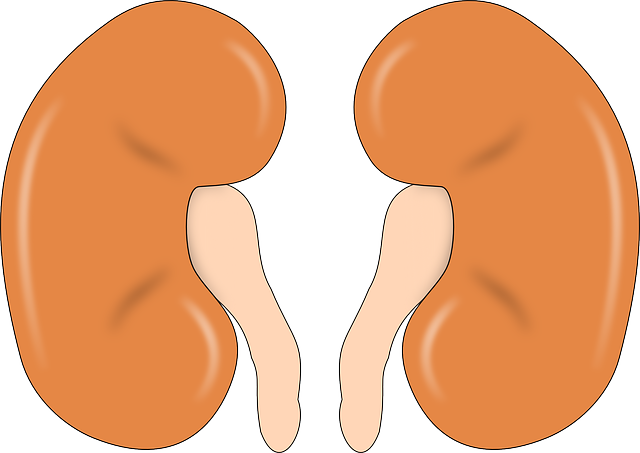
2022-03-30
In clinical practice, blood biochemical indicators such as creatinine (Crea), urea (Urea) and uric acid (UA) are commonly used to determine the quality of kidney function. Today, let's get to know more about creatinine.